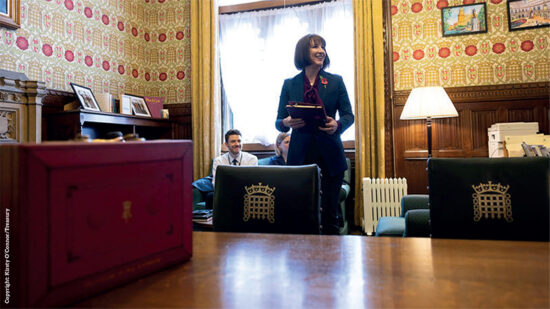In his Summer Budget last month, the UK chancellor George Osborne announced that the existing notional 10% tax credit, which reduces the amount of tax paid on income from shares, would be replaced by a new £5,000 tax-free dividend allowance for all taxpayers from April 2016.
However, lawyers say that while the legislation has yet to be formulated, a recent dividend allowance fact sheet published by the Treasury made it clear that those receiving dividends worth more than the £5,000 allowance may be in for a shock.
“The individuals worst affected – although there will not be too many of them – will be basic rate taxpayers with dividend income above £5,000,“ said Brian Murphy, senior financial planning manager at Axa Wealth.
“This simpler system will mean that only those with significant dividend income will pay more tax. Investors with modest income from shares will see either a tax cut or no change in the amount of tax they owe,” he added.
Under the government plan once the £5,000 dividend allowance is exceeded, tax rates of 7.5 per cent, 32.5 per cent and 38.1 per cent will apply to the income.
Winner and losers
“The winners here will be higher and additional rate taxpayers. For those people, the £5,000 dividend allowance is very generous,” he said.
To end up with a bigger overall tax bill on their dividends, Murphy estimates a higher rate taxpayer would need to receive total net dividends (i.e. not grossed up) of over £21,667. For an additional rate taxpayer, the corresponding figure would be £25,250.
Andrew Hubbard a tax partner at Baker Tilly said because the first £5,000 of dividends will still form part of an individual’s taxable income, there were some unexpected knock-on effects, particularly as people approach higher tax bands.
Hubbard said the dividend changes would also have an adverse effect on those using family companies who have hitherto extracted profits by way of dividends.
“Next year they will almost certainly face a tax hike. This is no accident. The chancellor clearly wants to remove the tax advantages currently enjoyed by those operating their small businesses through a company,” he said.
“It still means you pay less tax taking out money as a dividend than as a salary, but the differential is smaller than it was. And most people assume that in future years that differential will be eroded further,” he said.








